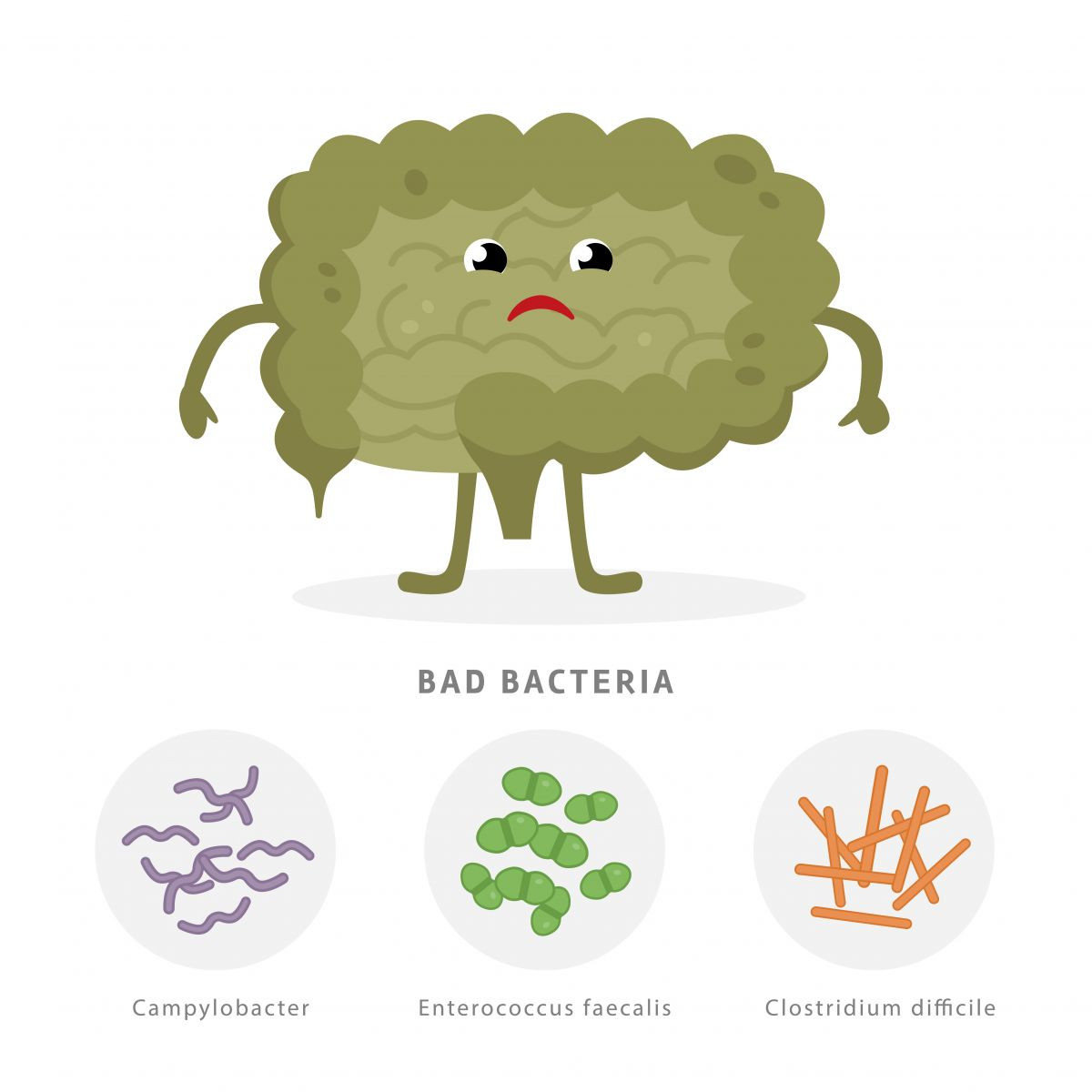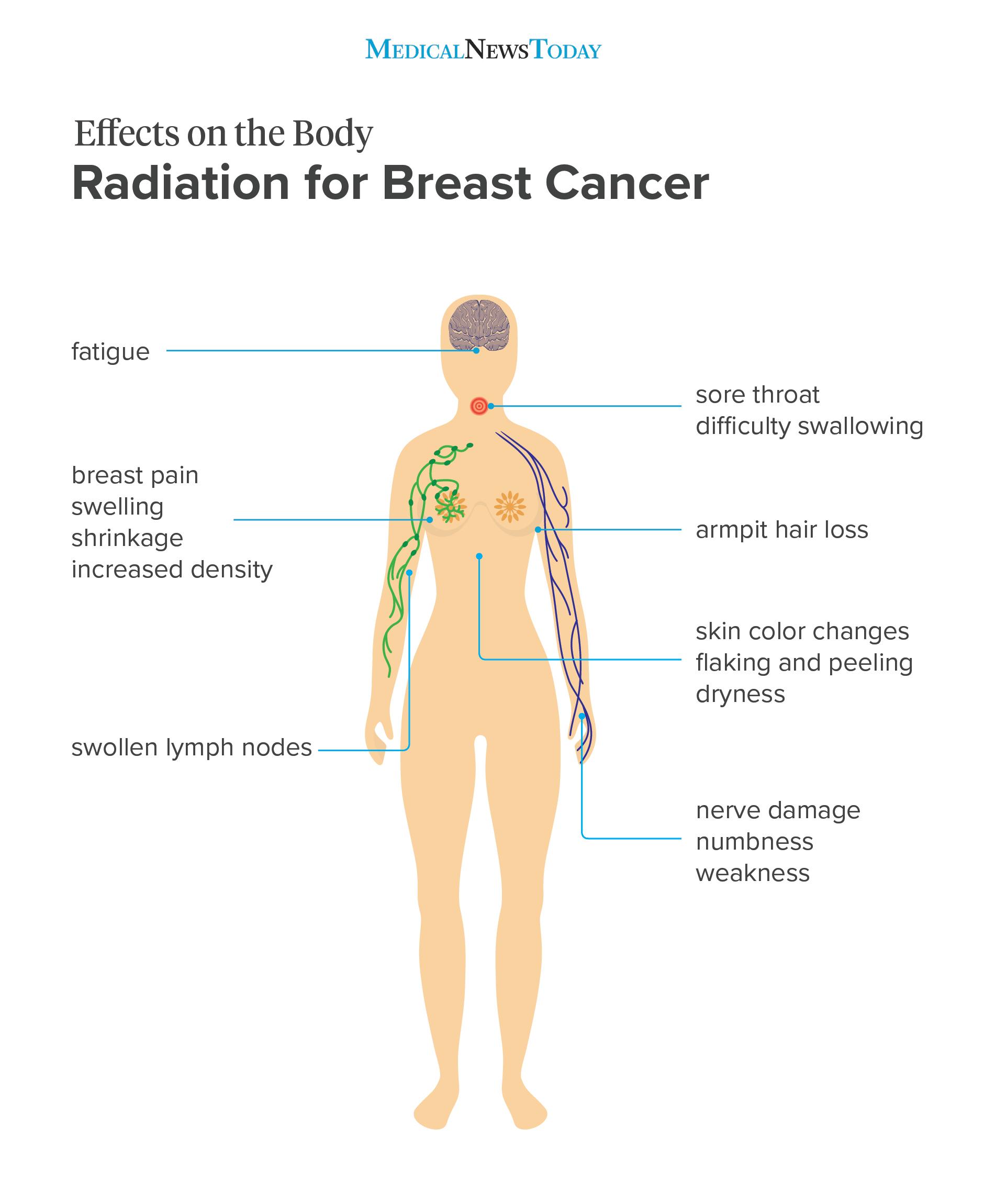Testing for C difficile can be considered in children 1 to 3 years of age with diarrhea but testing for other causes of diarrhea particularly viral is recommended first. These bacteria are found in feces bowel movement.
 Jci Il 17 Producing Gd T Cells Protect Against Clostridium Difficile Infection
Jci Il 17 Producing Gd T Cells Protect Against Clostridium Difficile Infection
Clostridioides difficile Clostridium difficile or C.

C diff in children. Young babies are often C. Diff Clostridioides difficile Clostridioides difficile klosTRIDeOY-dees difuhSEEL is formerly known as Clostridium difficile and often called C. Clostridium difficile is a bacterium that causes inflammation of the part of the intestine called the colon.
Testing for C. Clostridium difficile is the commonest cause of hospital acquired diarrhoea in adults and is associated with significant mortality and morbidity that worsens with advancing age. Difficile infection in children is increasing 2-5.
Clostridium difficile C. Mandatory enhanced surveillance in England Wales does not include patients less than two years of age and many laboratories do not test samples from children. 3 Loyola University Medical Center Maywood Illinois.
A sample of your older childs bowel movement may be sent to a lab to be tested for C. The treatment of and outcomes associated with C. Diff is a spore-forming obligate anaerobic Gram-Positive bacillus.
It is also responsible for producing a serious form of colitis inflammation of the colon called pseudomembranous colitis. 19 For children older than 3 years testing can be performed in the same manner as for older children and adults. Difficile infection is less common in children than adults but the incidence of C.
By 2 years of age colonization rates approach those of healthy adults 3-10 The significance of C. Diff is a germ bacterium that causes. People can also become infected by C difficile if they touch an object such as a toy or a surface such as a.
Difficile can be considered in children 1 to 3 years of age with diarrhea but testing for other causes of diarrhea particularly viral is recommended first the authors wrote. It is the MOST COMMON cause of antibiotic-associated diarrhea. Diff Clostridioides difficile CDC C.
C diff in toddlers can c-diff elevate creatin level Uncontrollable diarrhea and bad stomach pains in a diabetes type 1 patient c-diff in my 6 month old My daughter many years ago contracted c-diff elevated high white blood cells in 6 month old baby cdif in elderley C-dif infections C-dif abdominal pain What does cbc w diff w pit mean. These infections are often contracted in the hospital while a child is receiving antibiotic treatment although illness may develop days or weeks after leaving the. Clostridium difficile infection CDI is a gastrointestinal disease caused by C difficile CD a Gram-positive endospore-forming anaerobic toxin-producing gastrointestinal bacillus firstly isolated from the stool of healthy neonates in 1935 1.
Difficile is an anaerobic Gram-positive spore-forming bacillus that can be found in the environment and the gastrointestinal tract of animals and humans. 5 Johns Hopkins University School of Medicine Baltimore Maryl. 4 St Lukes Hospital Duluth Minnesota.
It is sometimes called C diff for short. Epidemiological clinical and microbiological findings represent pieces of the puzzle of one. Diff is a bacterium that causes diarrhea irritation and swelling of your childs colon.
Difficile in children however is less certain. The infection most commonly affects people who have recently been treated with antibiotics. Diff is bacteria that can infect the bowel and cause diarrhoea.
Pathogenesis and epidemiology of clostridium difficile in children C. 6 Childrens Hospital of Philadelphia Pennsylvania. The goal of treatment is to restore.
1 The role of C. Colonization in neonates ranges from 30-70. Antibiotic use is the most common cause of CDI.
Two case reports of children with muco-hemorrhagic diarrhea positive for Clostridium difficile introduce into the world of Clostridium difficile infection in the pediatric age. 7 Washington University School of Medicine St Louis Missouri. Diff incidence has been increasing in hospitalized children.
Clostridium difficile is a cause of diarrhea in children. This means a high number of the bacteria live in the intestines without causing infection. It can spread easily to others.
It produces toxins Toxin A and B that lead to intestinal injury. Clostridium difficile Clostridium difficile also known as C. Difficile infection in children will be discussed here.
A major risk factor for getting a C difficile infection is being on antibiotics.
 4 Ways To Get Rid Of A Headache Naturally Wikihow
4 Ways To Get Rid Of A Headache Naturally Wikihow 










:format(png)/cdn.vox-cdn.com/uploads/chorus_image/image/46068770/Blausen_0585_IUD.0.0.png)